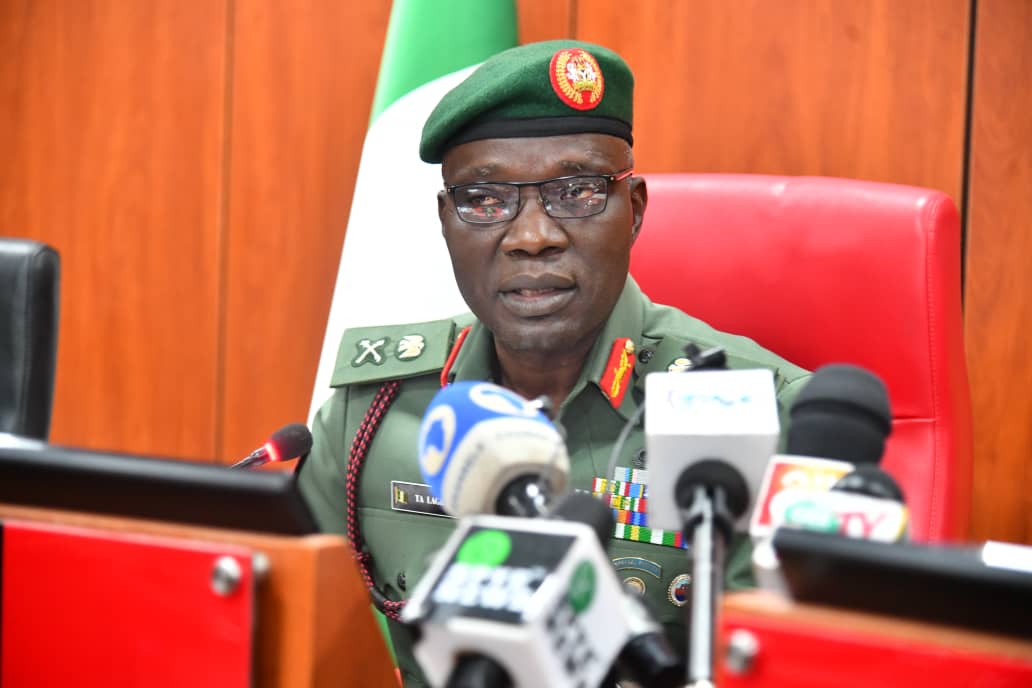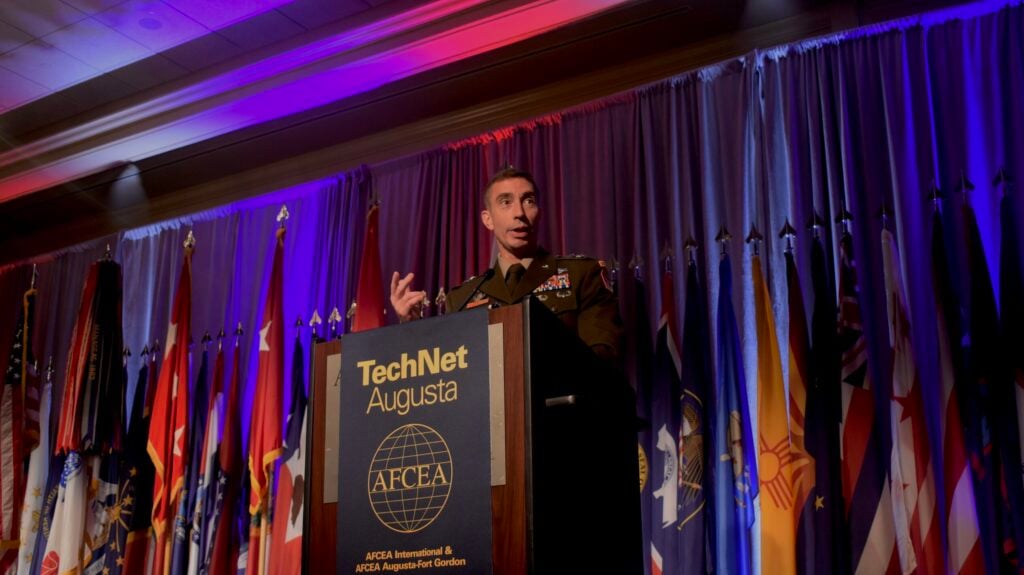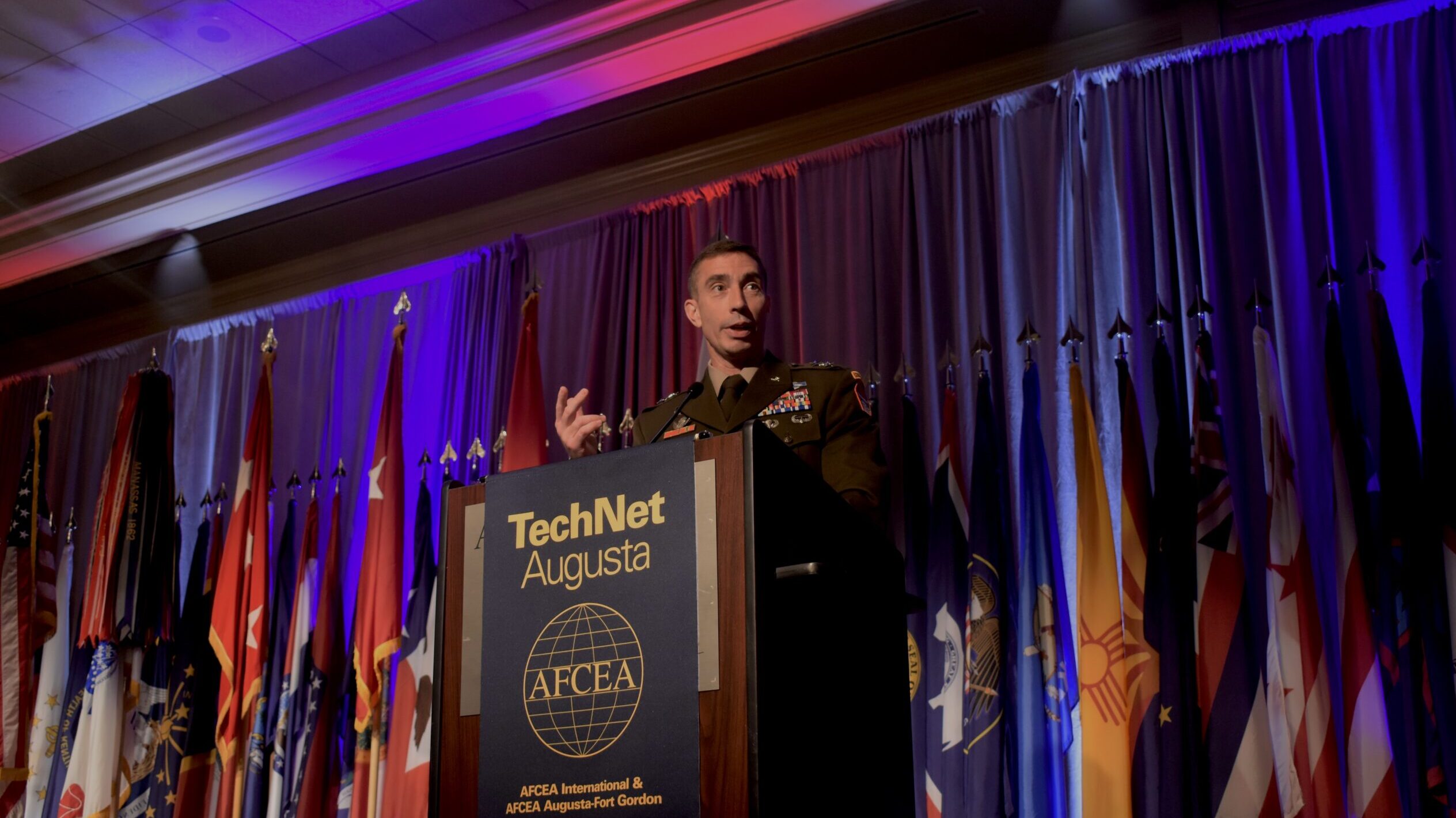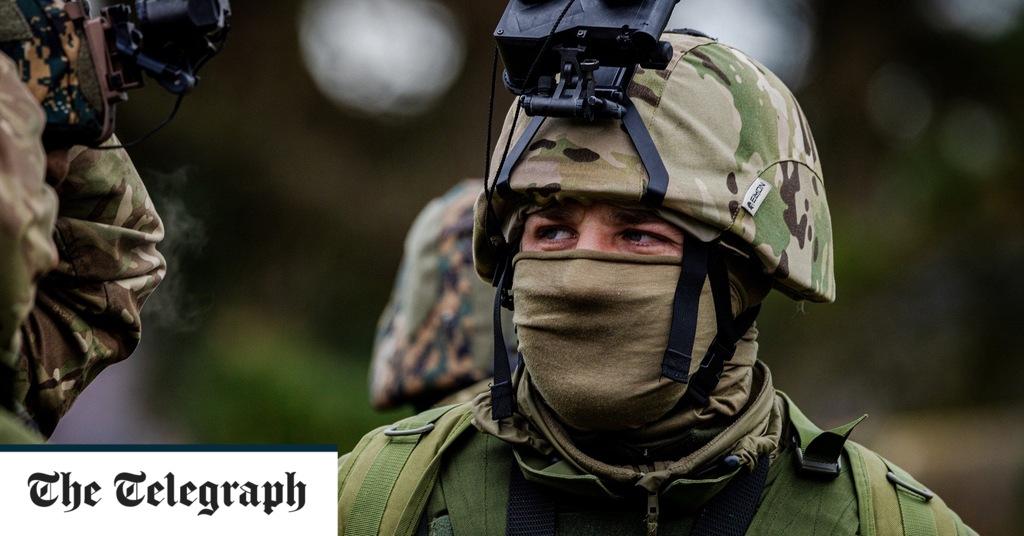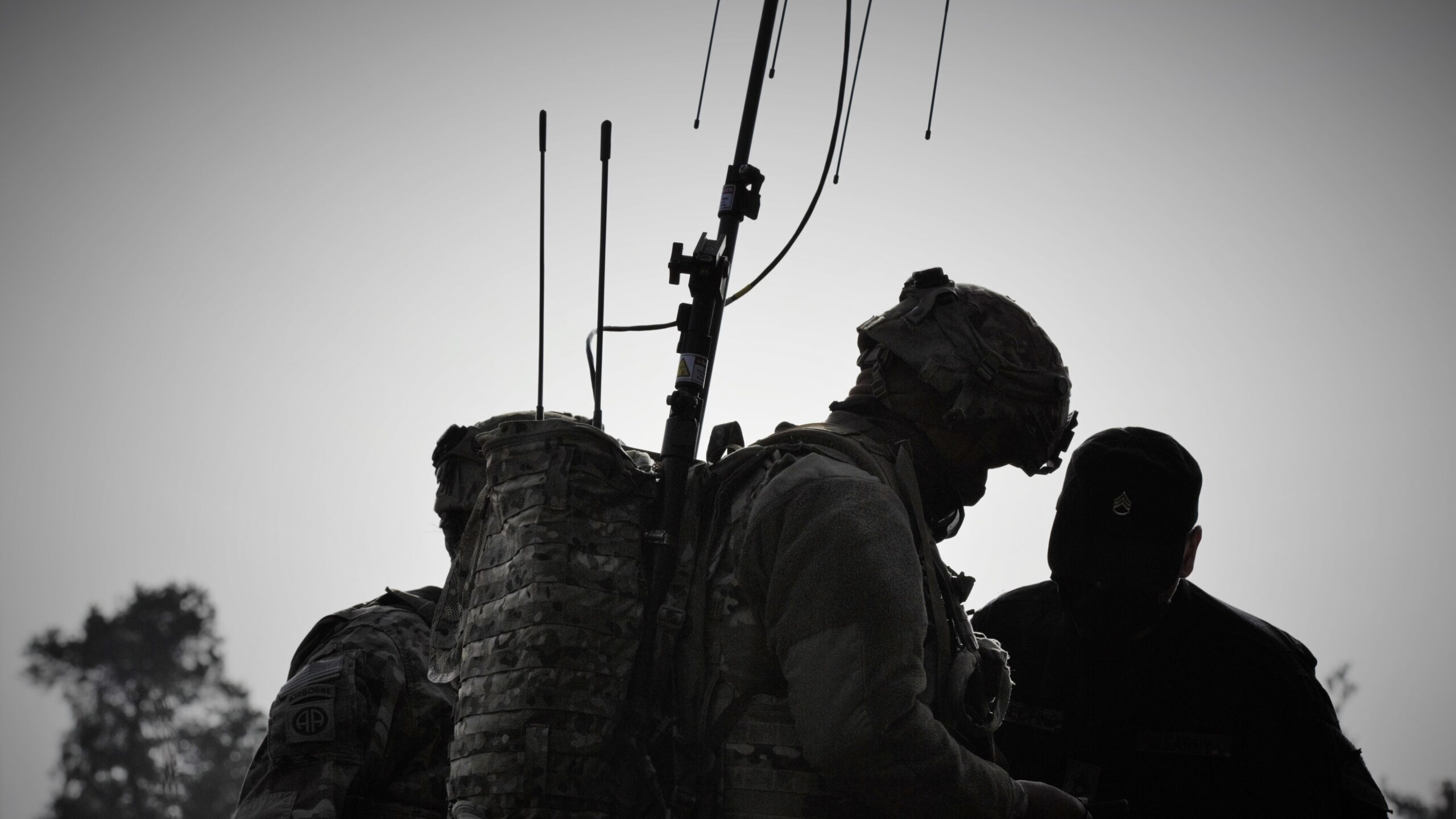Army trains personnel in cyber-warfare
The Chief of Army Staff, Lt. Gen. Taoreed Lagbaja, says the Nigerian Army has acquired electronic warfare capabilities and is now taking advantage of the convergence of electronic and cyber warfare.
Lagbaja said this on Monday in Abuja, at the opening of the Maiden Cyber Security Workshop of the Nigerian Army Cyber Warfare School.
The News Agency of Nigeria reports that the theme of the workshop was “Role of Information Technology in National Security against Upcoming Threats and Cyber-attacks.”
Represented by the Deputy Director-General, Nigerian Army Heritage and Future Centre, Maj. Gen. Sanusi Dahiru, the COAS noted increasing cyber threats to national assets and called on the participants at the training to “use this singular opportunity to learn as much as you can, open up new vistas and perspectives so that we can achieve landmark results for the army and the nation at large.”
He said, “The workshop should not only focus on cybersecurity but should include cyber warfare, as this will equip the Nigerian Army with expertise and knowledge of integrating cybersecurity into military doctrine and tactics as well as exploring the role of cyber warfare in contemporary military operations.”
Lagbaja said that cyber threats could come from many sources, including foreign organisations, hacktivists, governments, groups, criminals as well as individuals, adding that cyber-attacks were increasingly targeting critical infrastructure such as power grids, financial systems, health care organisations and government networks.
“It is for this reason that the Nigerian Army Cyber Warfare Command and NACWS were established to curb the threats posed by this domain.
“We therefore need to rally around to ensure this initiative is effective and efficient, besides the need to protect the huge investments made so far.
“I am particularly pleased with the drive of the school in using its tools not only as a means of academic excellence but as a viable means of proffering solutions to contemporary and future security challenges which is in line with the sustainment of my command philosophy for the Nigerian Army,” Lagbaja added.
He thanked President Bola Tinubu…
